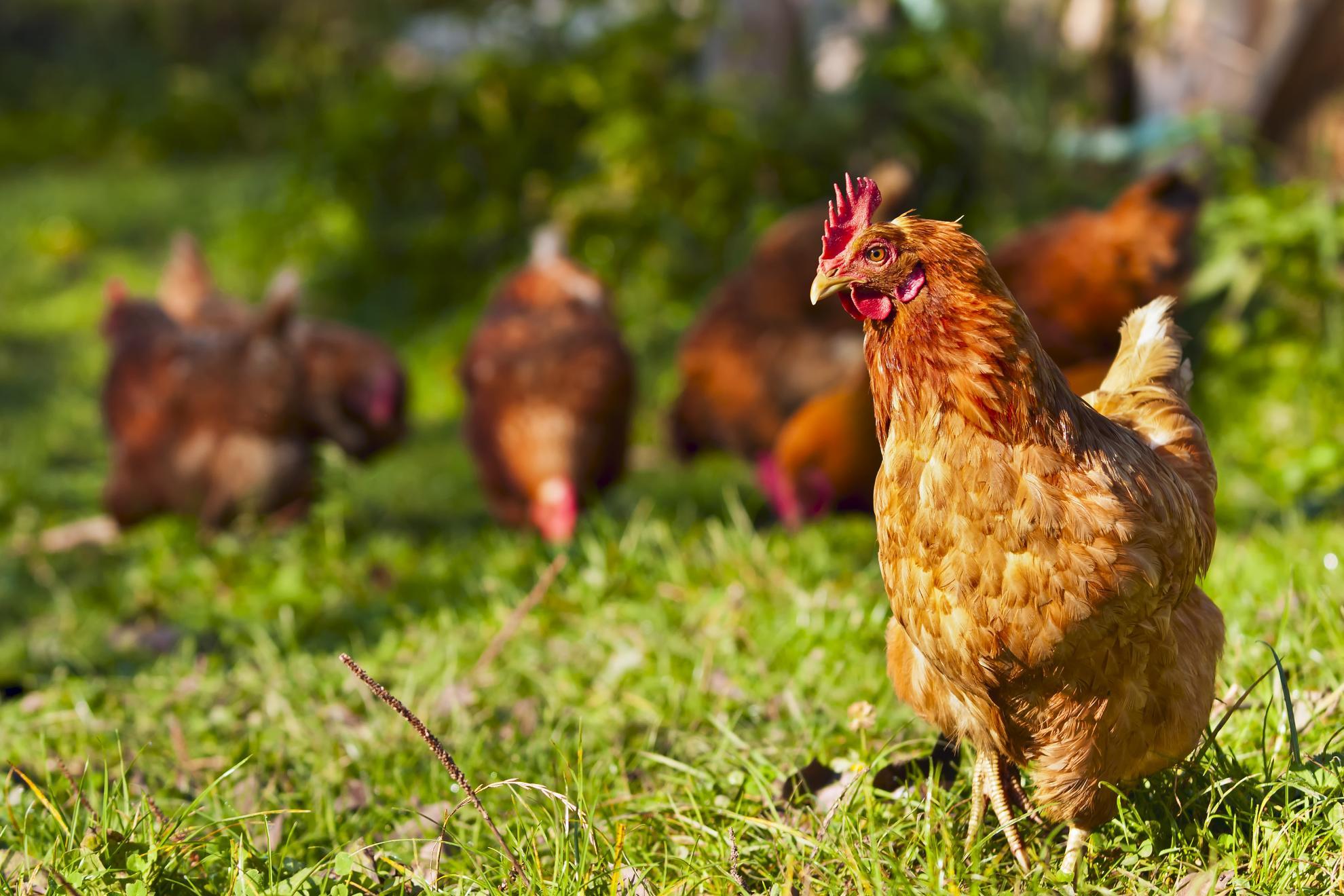Next week two consecutive meetings will focus on research into avian diseases that affect both food security and human health. The Focused Meeting on Molecular Biology and Pathogenesis of Avian Viruses and XV Avian Immunology Research Group (AIRG) meeting will take place on the 3-4 and 5-7 September respectively at St Catherine's College, University of Oxford, UK. The Pirbright Institute will be well represented at both meetings.
Poultry is the fastest growing livestock sector in both developed and developing countries, with a global annual population of more than 55 billion chickens contributing more than 118 million metric tons of meat in 2017. Chickens are increasingly important as a universally acceptable source of protein for a growing world population as the meat is generally affordable, low in fat and faces few religious or cultural barriers. The highest growth in consumption has been seen in Asia and Latin America.
Asia and South America are also regions where emergence and re-emergence of avian viruses is often observed. The avian influenza virus subtype H5N1 spread through live-poultry markets in Hong Kong to humans in May 1997, and the H9N2 avian influenza virus subtype is the most common to infect Chinese chickens, causing huge economic losses for the poultry industry. Infectious bronchitis virus also causes substantial economic strain; 22 million chickens succumb to it per year in the UK alone, costing the economy £23 million pounds.
The frequent occurrence and emergence of these pathogens continues to challenge the vaccination strategies widely used by the poultry industry. These timely meetings will bring together the international scientific community to share their latest research on the biology of these viruses, chicken genetics and the chicken immune system, with the shared goal of developing better vaccines. Scientists from Pirbright will be presenting work on infectious bronchitis virus, avian influenza virus, as well as other viruses and host immune responses involved in fighting these infections and cancer.
‘These meetings will be a great opportunity for us to discuss our recent findings with others working in the field of avian virology’, says Dr Erica Bickerton, who is among those from Pirbright presenting research.
Professor Venugopal Nair OBE, an organiser for both meetings, says ‘the forum for the exchange of ideas and concepts provided by these meetings, as well as the opportunities to establish and maintain effective collaborations, are pivotal in order to develop better protection against diseases, assure food security, improve welfare and reduce the impact of zoonoses on human health’.
Topics to be covered at the Focused Meeting on Molecular Biology and Pathogenesis of Avian Viruses will include:
- Molecular biology and genetics of avian virus replication
- Tropism and host range restriction
- Host antiviral responses and virus immunomodulation
- Emerging and variant viruses
- New and improved approaches to the control of avian viruses
- Pathogenesis of avian viruses
Topic covered at XV AIRG will include:
- Innate immunity
- Adaptive immunity
- Immunology of infection
- Vaccines and immuno-therapeutics
- Immunopathogenesis and inflammation
- Comparative avian immunology and immunogenetics
